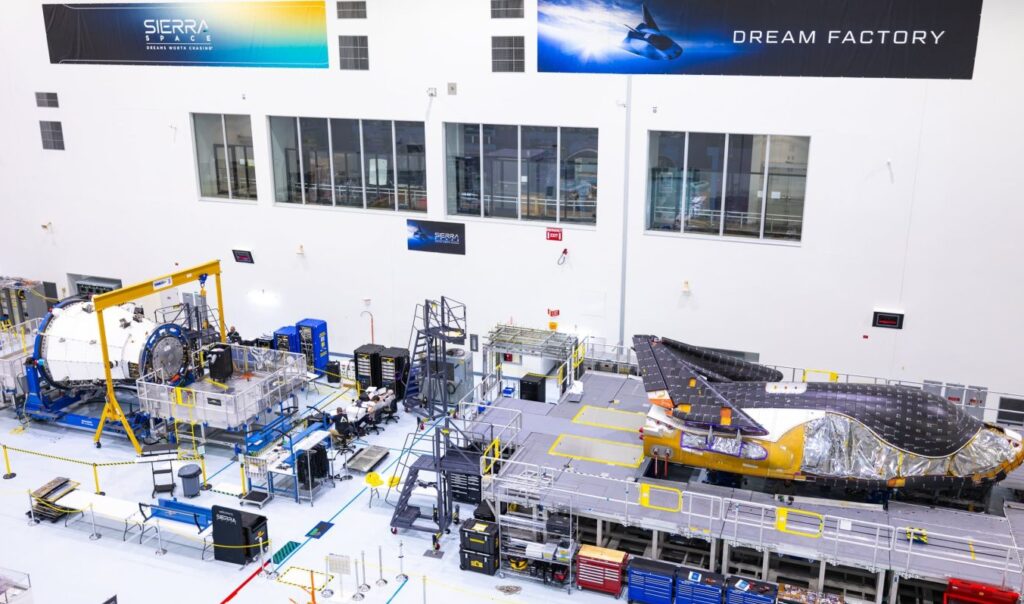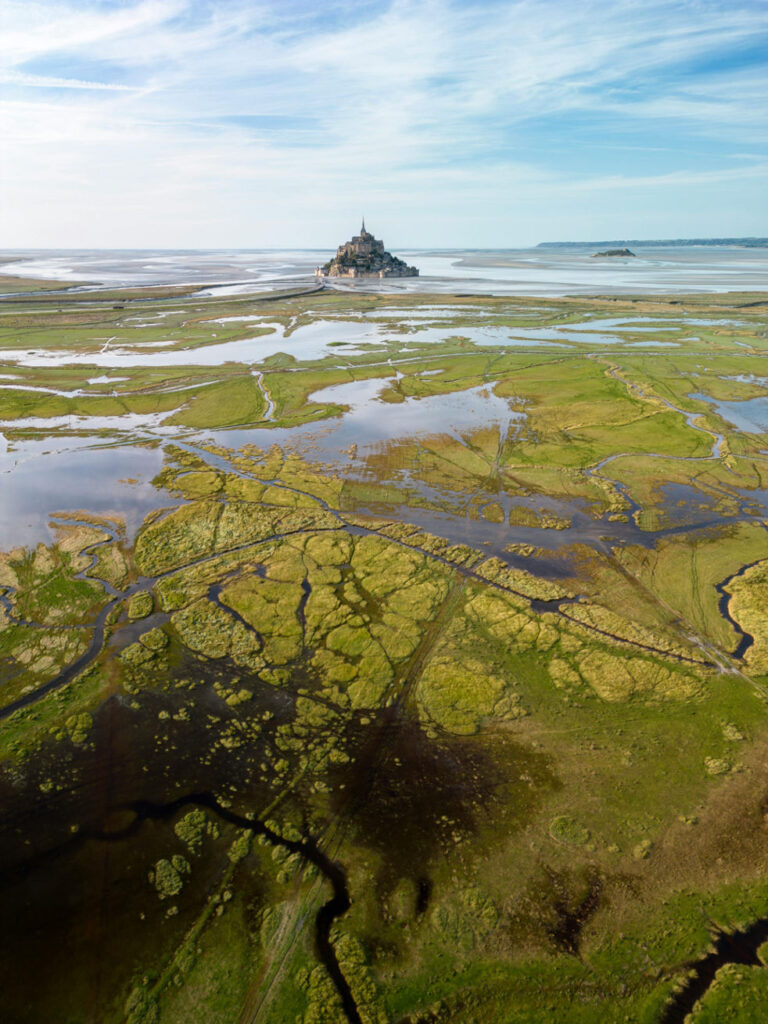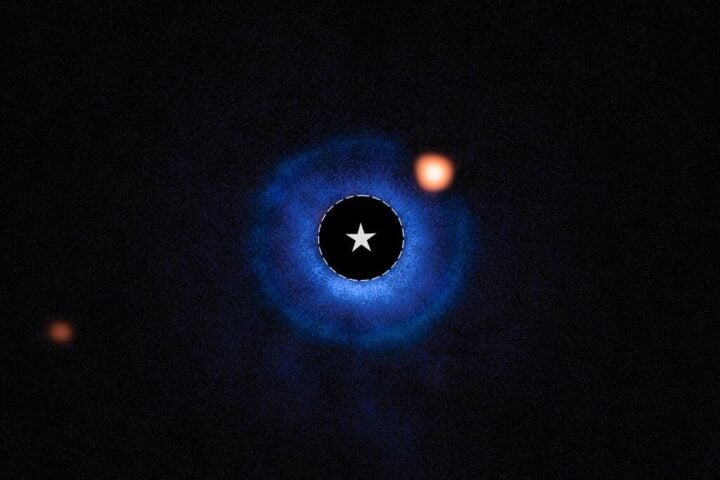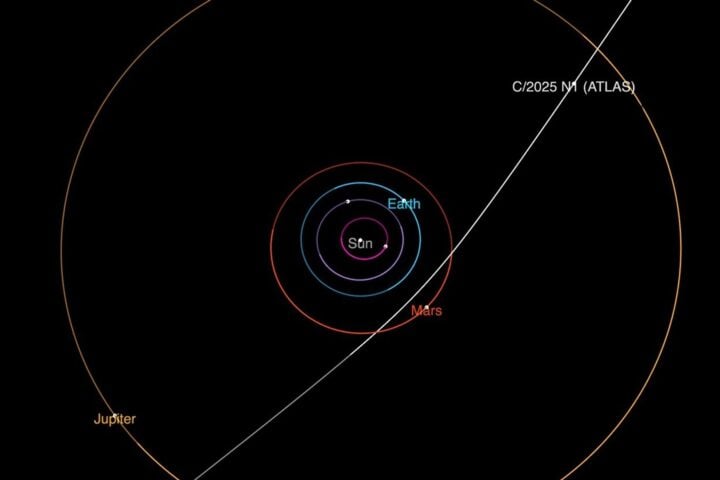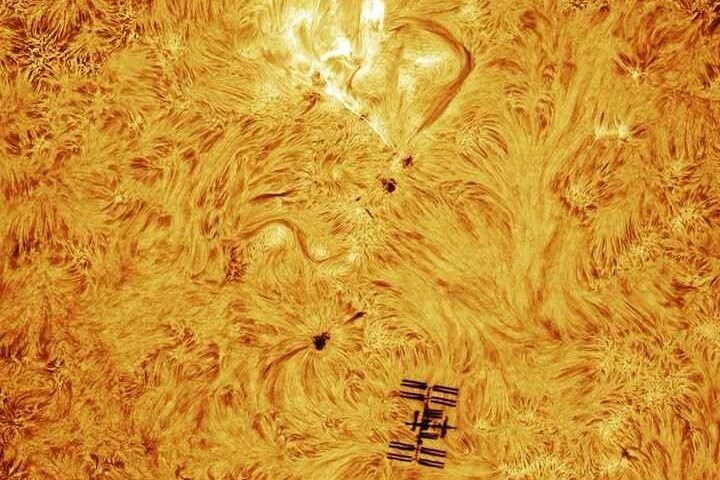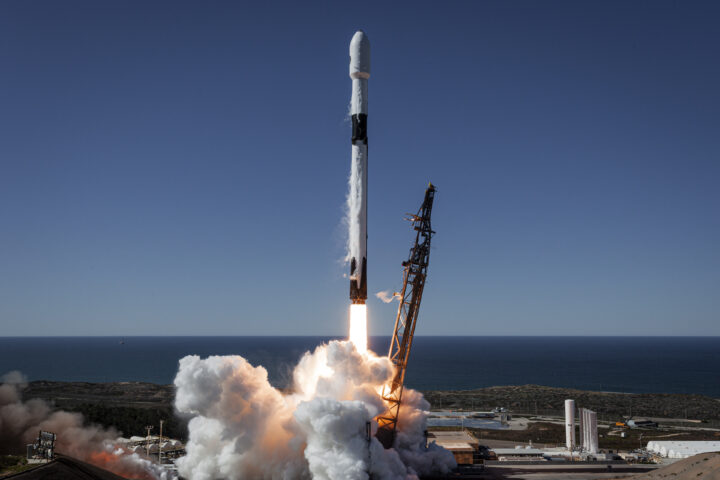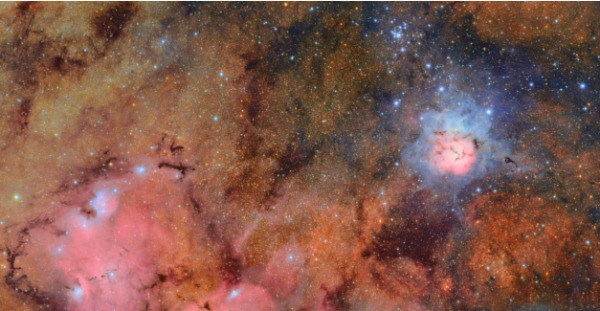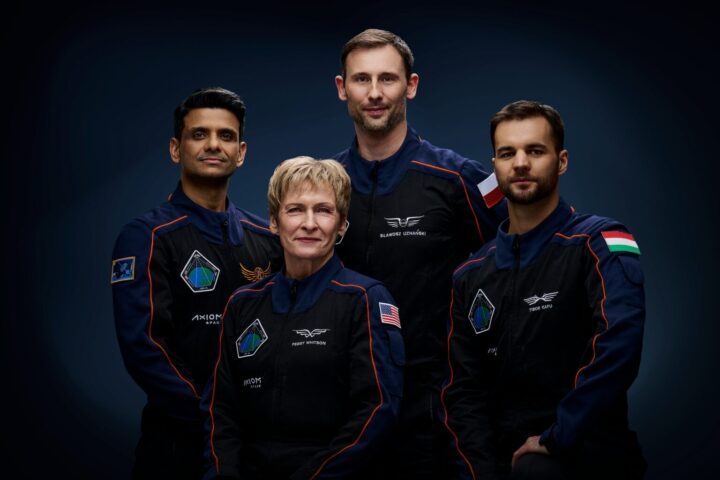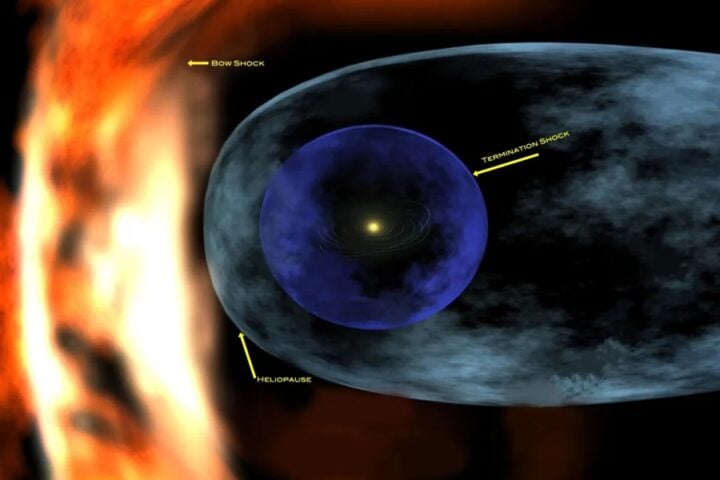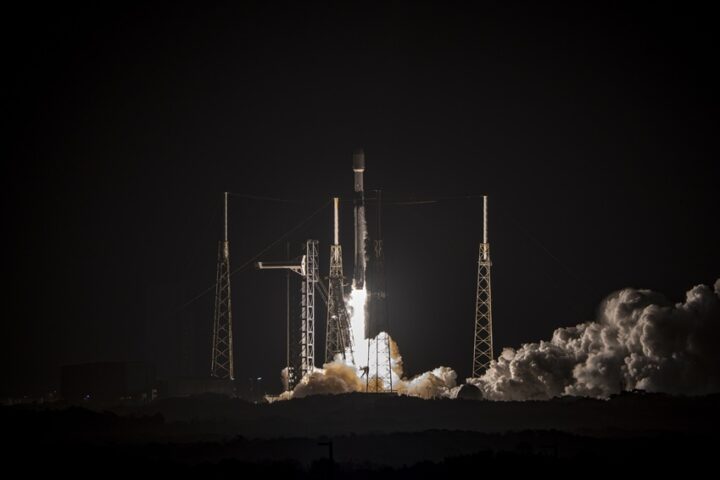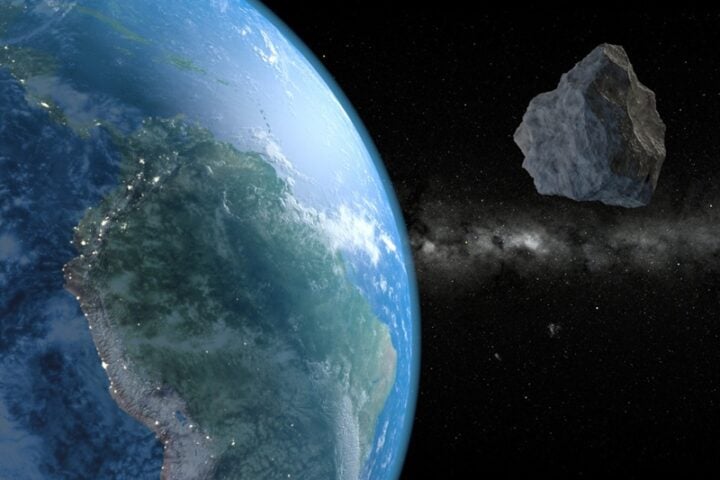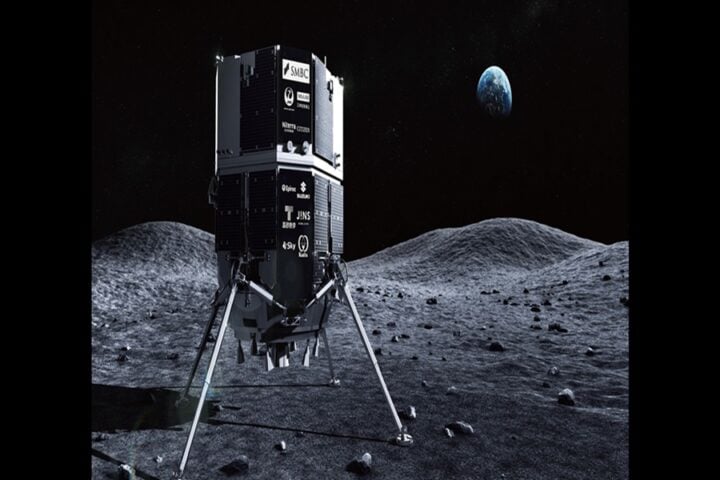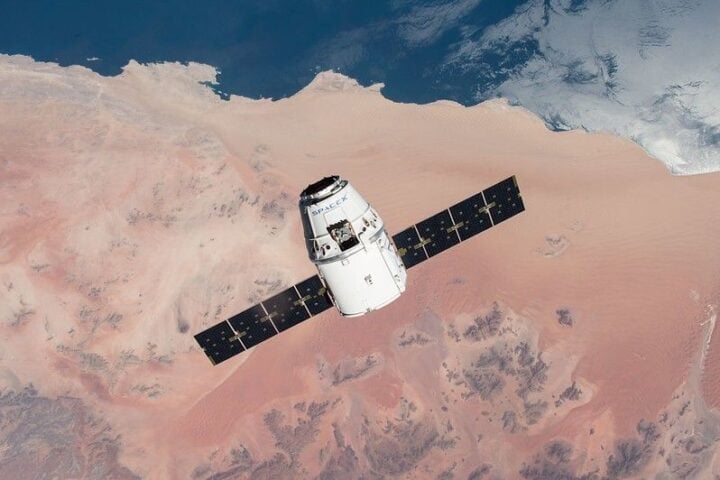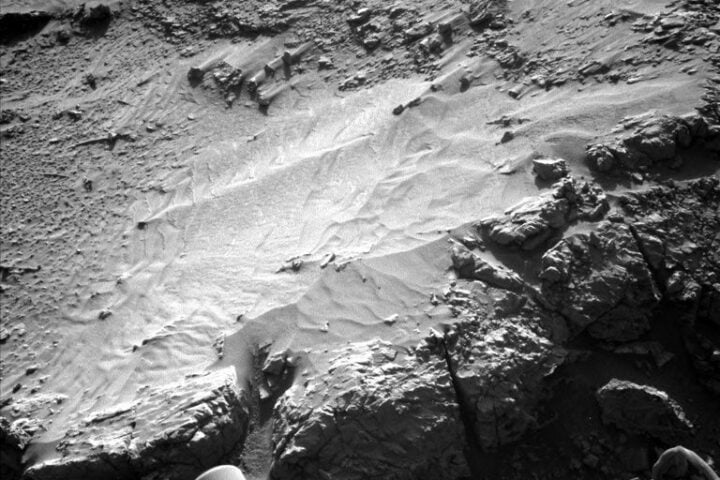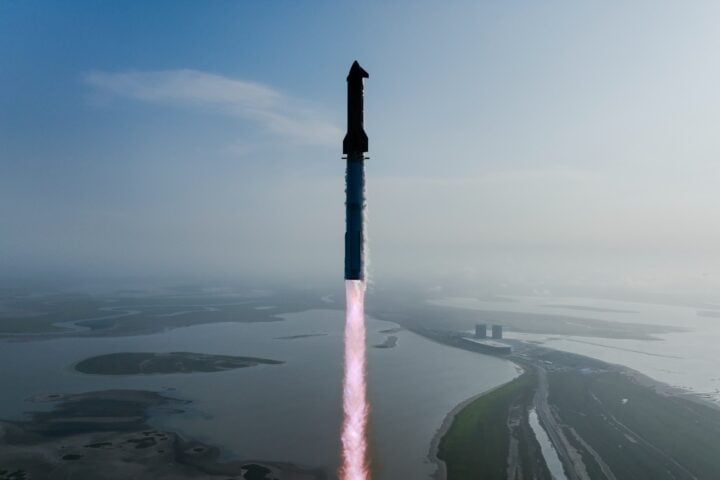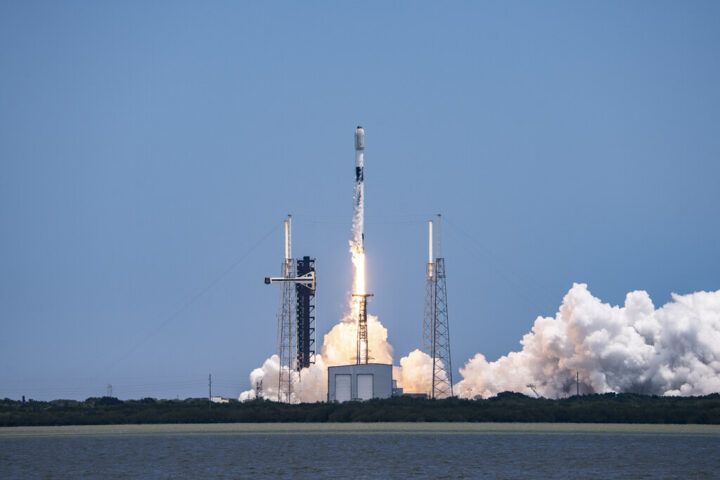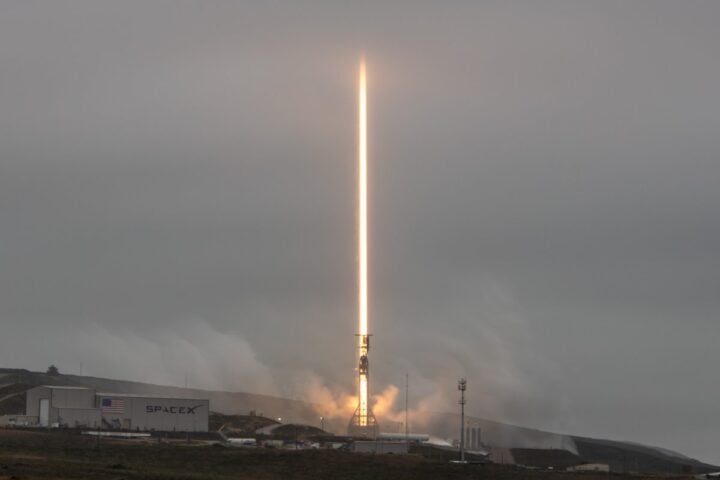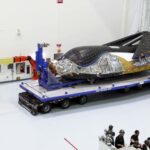In anticipation of its first mission to resupply the International Space Station (ISS), Sierra Space, a commercial space technology company, they were announced that final testing and launch preparations for its Dream Chaser spacecraft and Shooting
Star cargo module have started at NASA’s Kennedy Space Center in Florida. Sierra Space is building a platform in space to benefit life on Earth. Additionally, they disclosed that the Sierra Space team has partnered with All Points Logistics to renovate the reusable spacecraft at the Florida location in preparation for the next flights, demonstrating their commitment to planning ahead of the first flight.
The Dream Chaser is a complex spacecraft-worthy competitor to the capsule-based SpaceX Dragon, Boeing Starliner, or Northrop Grumman Cygnus spacecraft. This is one of the main reasons it has been in the news and development for a long time.
The Dream Chaser’s lifting body design originated with NASA’s HL-20, under investigation six decades ago. It truly looks like a proper machine for use in space because of its general aircraft shape, which is similar to the Space Shuttle. With a length of 30 feet (nine meters) and a width of 15 feet (4.5 meters), the spacecraft can accommodate up to 11,500 pounds (5,200 kg) of cargo. The company is referring to the attached cargo module as the Shooting Star. The space plane’s payload bays will each carry a portion of the cargo, instead of being carried in a single space. The spacecraft, Tenacity, will carry approximately 7,800 pounds (3,500 kg) inside the Shooting Star for its first flight to the International Space Station.
Since May, the spacecraft has remained inside the Space Systems Processing Facility (SSPF), which is where the original ISS components were all kept. Crews
from NASA and Sierra Space are putting in a lot of effort to ensure that the Dream Chaser launches successfully, probably as early as next year, with the help of a ULA Vulcan Centaur rocket. Pre-launch procedures, environmental testing, and final assembly and system checks are the last touches on the spacecraft. It is being fitted with a thermal protection system, which will enable it to endure the difficulties of re-entry. Leak tests and propulsion system closeout are also being carried out.
Similar Posts
The environmental tests will subject the spacecraft to electromagnetic interference, mimicking what it will encounter during flight, and loud sounds to ensure that both the ship and its cargo module can survive the noise generated during launch. Tests on the differential braking system are being conducted to ensure a smooth landing, as the Dream Chaser will land like an aircraft on the runway of the Launch and Landing Facility (LLF) at the Kennedy Space Center, the same place the Space Shuttle used to call home. To make sure the spacecraft and its cargo module survive the noise produced during launch.
Sierra Space, with the assistance of All Points Logistics, plans to begin regular operations from Kennedy in 2026. With the help of this partner, the Dream Chaser will be moved from the runway to the Space Prep facility for “reprocessing the
reusable space plane onsite in Florida,” where it will be examined, unloaded, and prepared for another flight. A new facility called Space Prep, spanning 500,000 square feet (46,500 square meters), will include the launch pad transportation system. As part of a deal with NASA, the Dream Chaser will need to return from space after seven missions to the International Space Station.
If the cargo Dream Chaser project goes as planned, an astronaut-carrying version may be created. With an autonomous flying system that ensures a minimum of 15 missions, Sierra Space’s Dream Chaser design can withstand very high temperatures during reentry and remain “cool to the touch” a few minutes after landing. They emphasize that “it marks a monumental advance in space transportation.” Dream Chaser is “the world’s only commercial space plane with landing capability,” according to Sierra Space, and Tenacity is the first of the company’s upcoming series of spacecraft.
